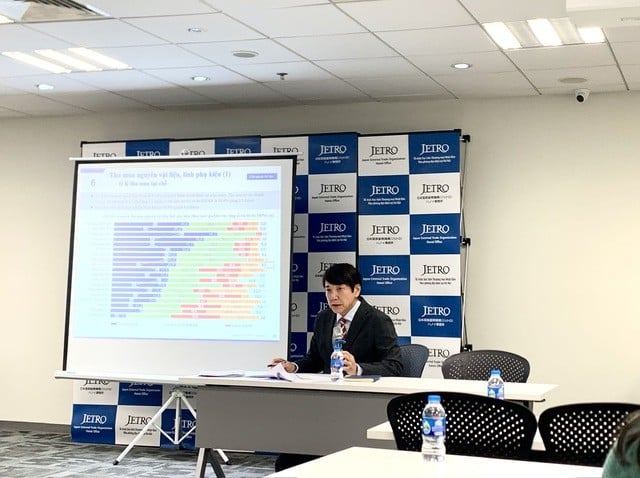 |
| Chief Representative of the Japan External Trade Organization, Representative Office in Hanoi (JETRO Hanoi) Takeo Nakajima at the survey announcement ceremony. (Photo: HT) |
At the survey announcement, Chief Representative of the Japan External Trade Organization, Representative Office in Hanoi (JETRO Hanoi) Takeo Nakajima said that Japanese enterprises in Vietnam have an equal number of large enterprises and small and medium enterprises; between manufacturing and non-manufacturing industries.
The number of Japanese enterprises in Vietnam expecting to make a profit in 2023 is 54.3%, 6.6 points lower than the ASEAN average. JETRO said the reason is due to the decline in domestic and foreign demand; increased labor costs and raw material procurement costs.
Regarding expectations for business profits in 2024 compared to 2023, the number of Japanese enterprises responding to improvement is 50.4%, of which many companies are hoping for improvement thanks to recovery in 2023.
Notably, the rate of Japanese enterprises saying they plan to expand their business in Vietnam is 56.7% (down 3.3 points compared to 2022). Although expansion ambitions remain high, according to the survey, Vietnam is the only country among the six key ASEAN countries with a decrease in expansion rate compared to the previous year.
In addition, according to JETRO's survey results, the local procurement rate increased to 41.9% and procurement from local companies increased to 17.2%. JETRO believes that Japanese enterprises are still highly motivated to promote local procurement activities, and at the same time expect further training and development for the supporting industry.
In addition, Japanese enterprises in Vietnam are also making efforts to reduce greenhouse gas emissions, at a rate of 34.4%; at the same time, Japanese enterprises have increased salaries by an average of 5.6%, the average salary in the region, but the increase rate is among the highest.
A notable point is the human resource issue. According to a survey by JETRO, in Vietnam, 42.7% of Japanese enterprises said they are facing a shortage of human resources.
In particular, by industry, the labor shortage rate in the non-manufacturing industry is 45.2%; more than 60% of enterprises in the retail, information and communication, finance, insurance,education , and healthcare industries are facing a shortage of human resources.
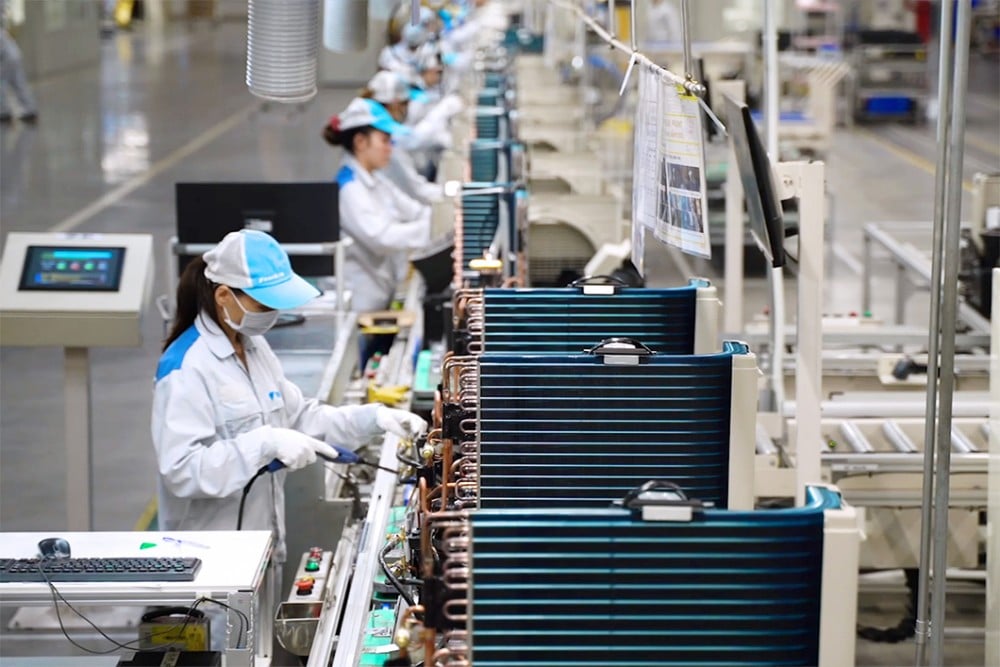 |
| The number of Japanese enterprises in Vietnam expecting to make a profit in 2023 is 54.3%. (Source: Daikin) |
Along with that, the survey also showed a serious shortage of management positions requiring experience and expertise, IT personnel; the labor shortage rate in factories across Vietnam alone is 49%. JETRO emphasizes that this shows that there is competition for human resources in the context of a series of large-scale investment projects in the manufacturing industry.
Responding to the press at the survey announcement, the JETRO representative still highly appreciates the investment environment and cooperation potential between Japanese and Vietnamese enterprises. "In the survey of parent companies in Japan, Japanese enterprises still consider Vietnam as one of the second most attractive and potential markets, after the US," Mr. Takeo Nakajima emphasized.
The survey on the current situation of Japanese enterprises investing abroad in 2023 was conducted by JETRO through a questionnaire on the operating situation of Japanese enterprises investing in 20 countries and territories in Asia and Oceania. Among the 4,982 validly responding enterprises, there are 849 Japanese enterprises investing in Vietnam (the most in Asia and Oceania). The main survey contents are about business profit prospects; future business implementation plans; attractiveness and difficulties of the investment environment; human resources and recruitment environment; exploiting the domestic market; purchasing raw materials and components; import and export situation; decarbonization efforts; human rights in the supply chain and wages. |
Source
















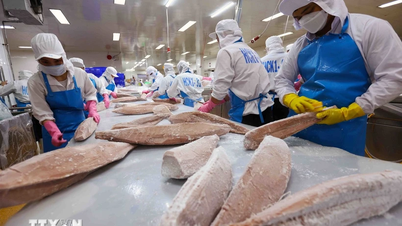
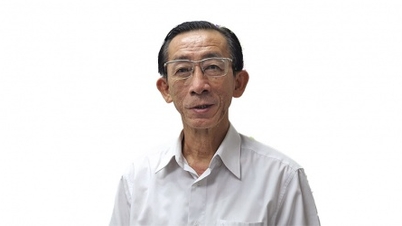





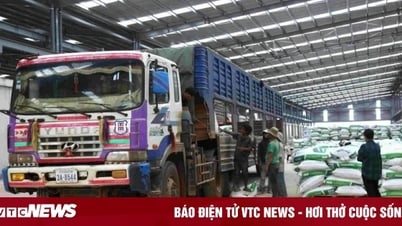

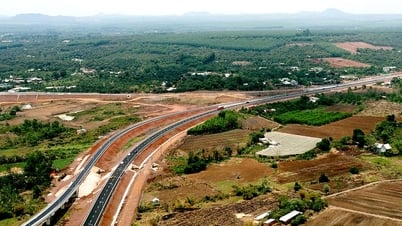





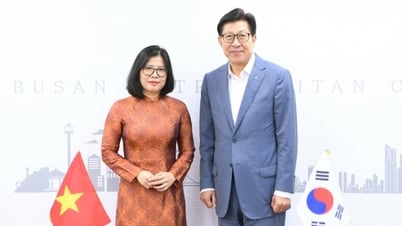

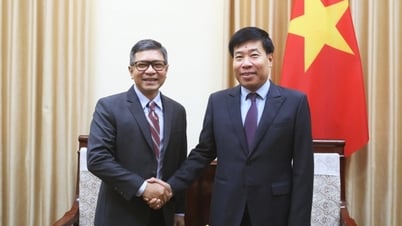


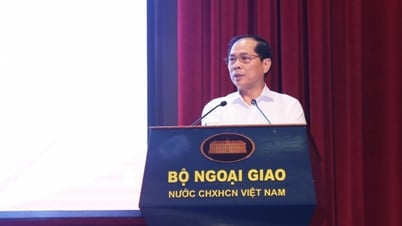

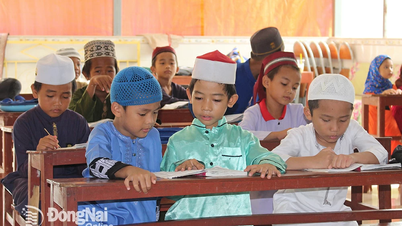










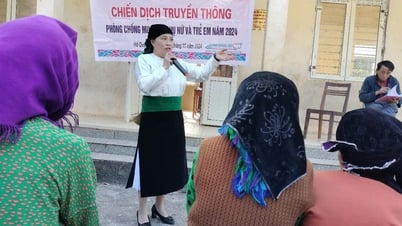









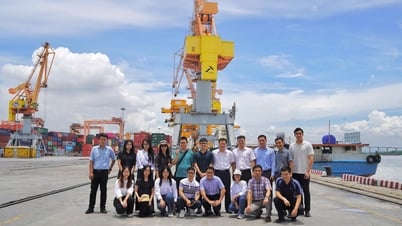


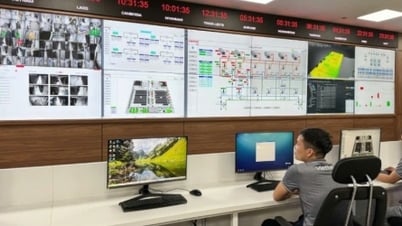
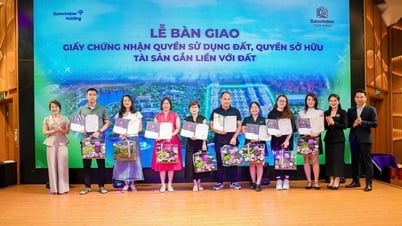




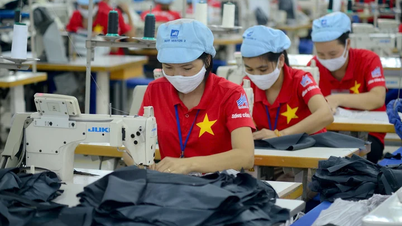






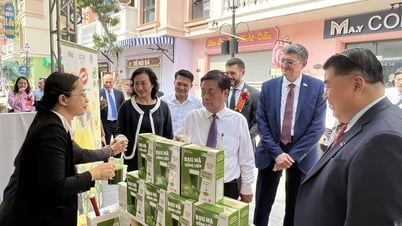

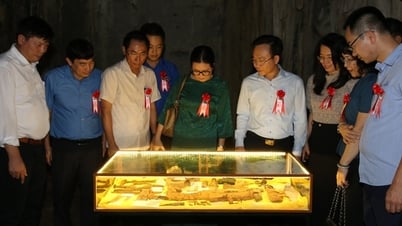










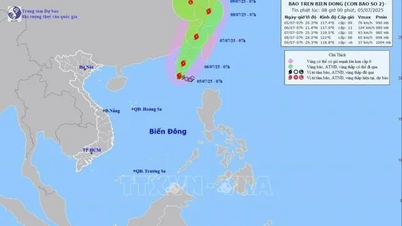

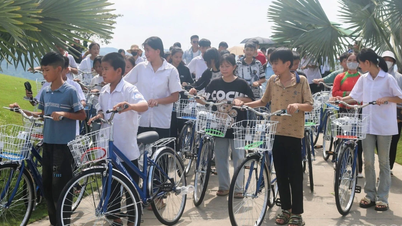



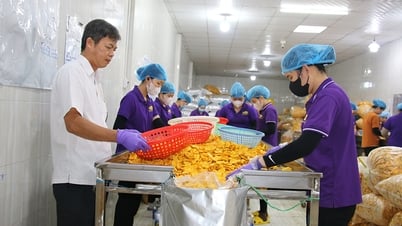

![[OCOP REVIEW] Bay Quyen sticky rice cake: A hometown specialty that has reached new heights thanks to its brand reputation](https://vphoto.vietnam.vn/thumb/402x226/vietnam/resource/IMAGE/2025/7/3/1a7e35c028bf46199ee1ec6b3ba0069e)



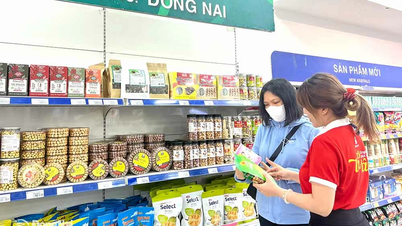



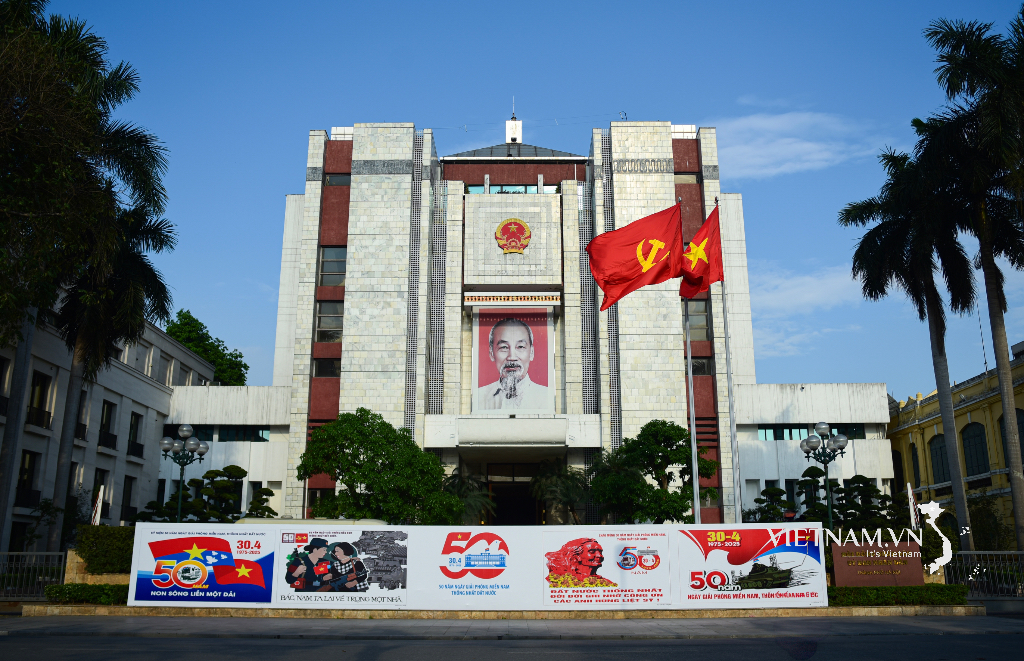

Comment (0)